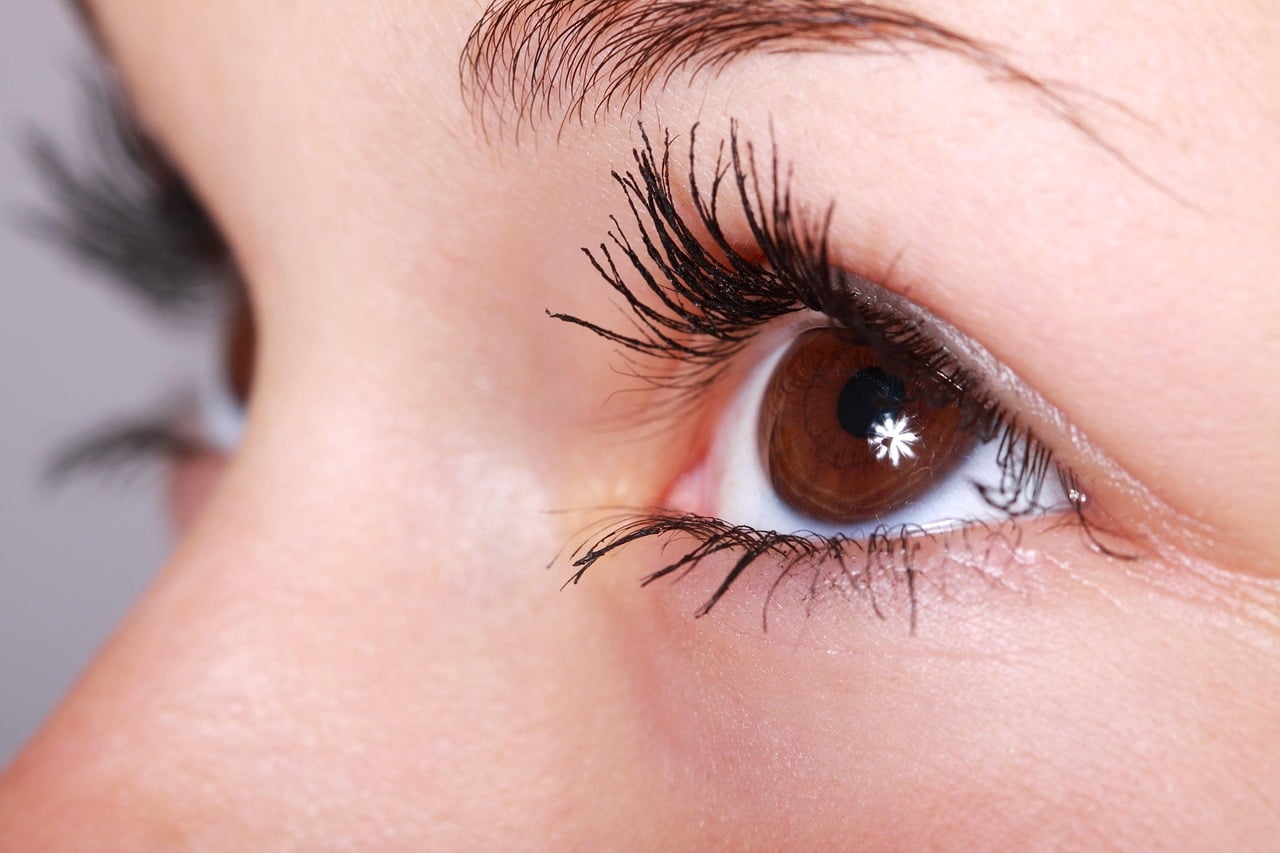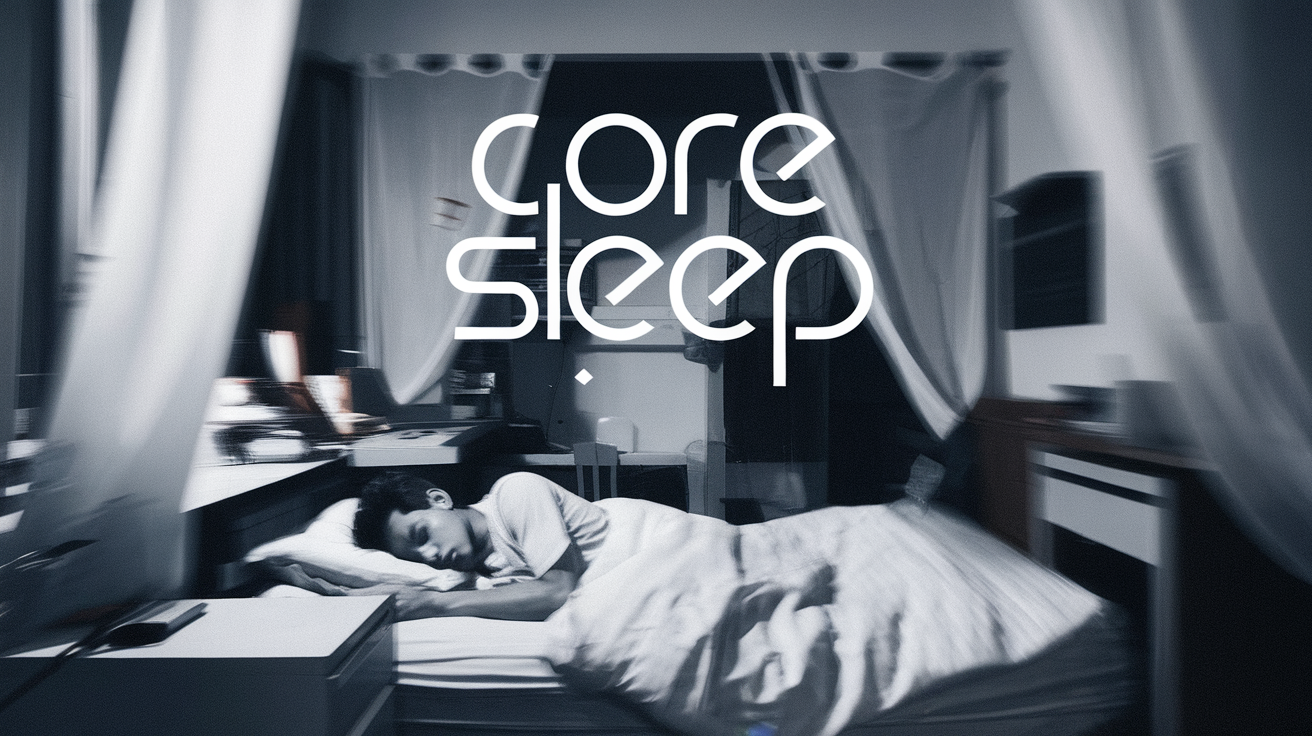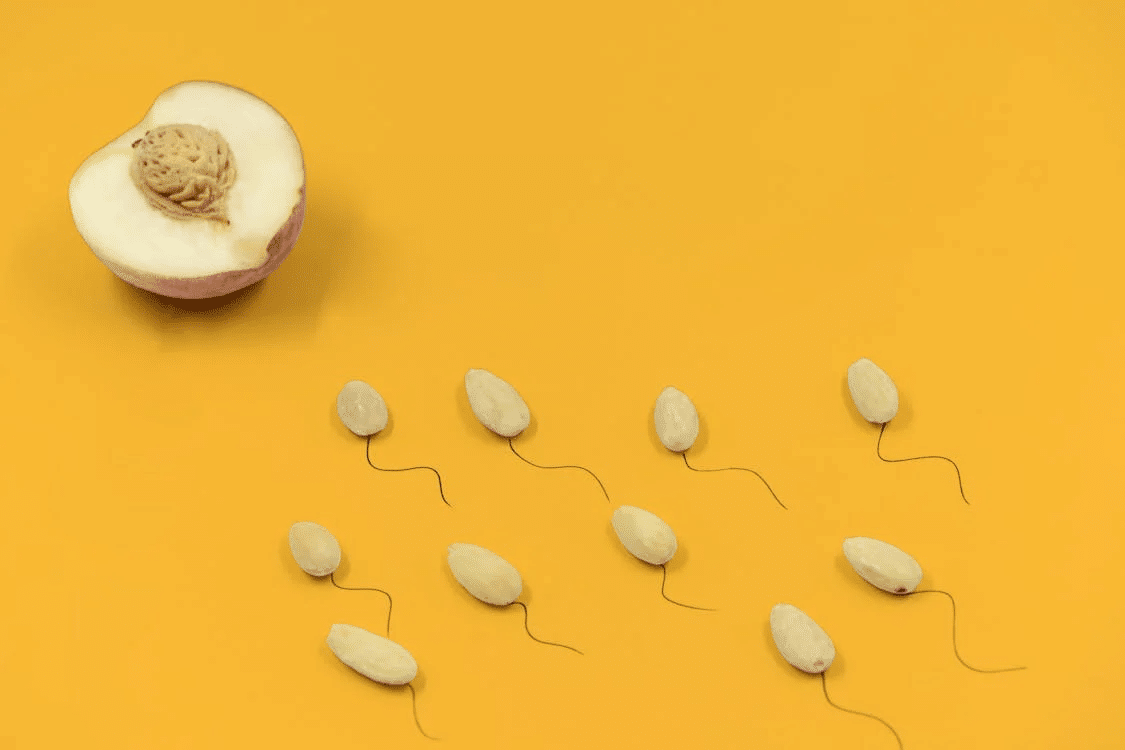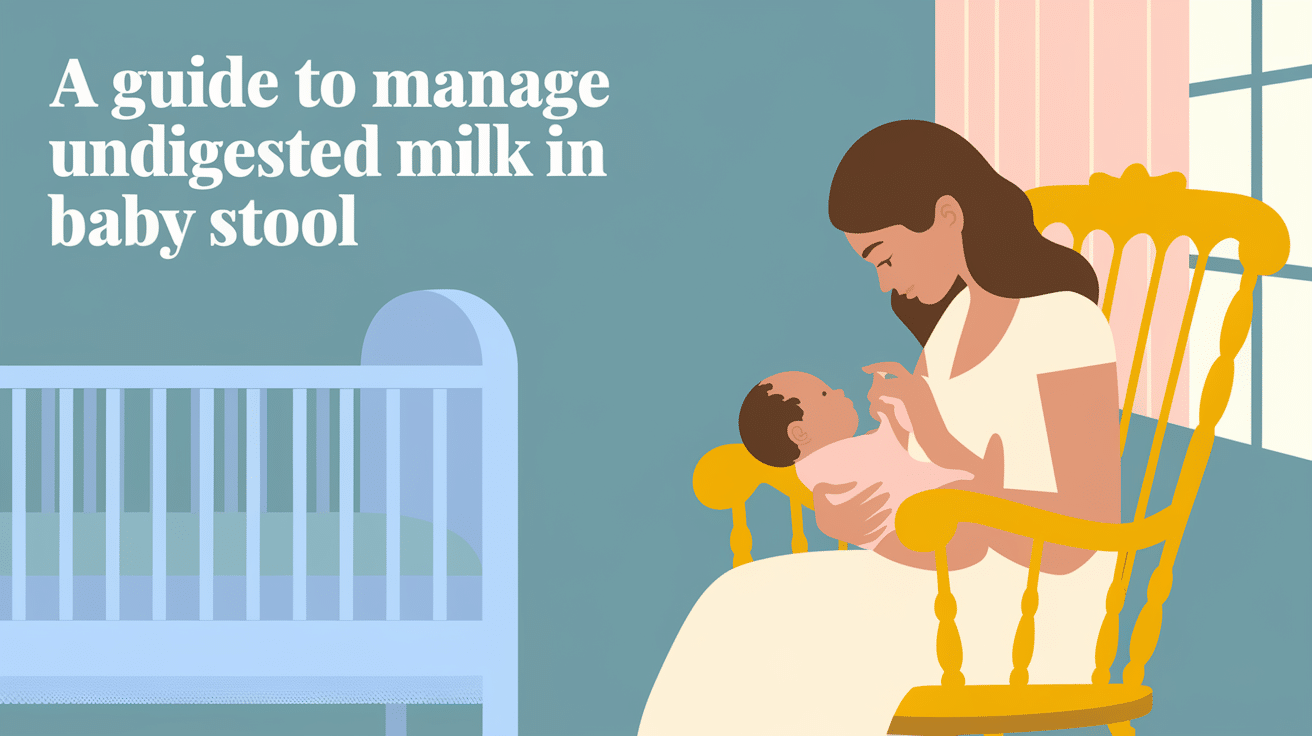
Living with ADHD goes far beyond occasional distraction or difficulty focusing. It’s a complex neurological condition that affects all phases of life, presenting obstacles that necessitate meticulous care and therapeutic methods. Getting acquainted with its impact on mental health can be a starting point for proper care and effective coping mechanisms, and that’s what this article is about.
What Exactly is ADHD?
A neurodevelopmental condition that impacts brain structure, activity, and function is Attention Deficit Hyperactivity condition (ADHD). We frequently claim, “I’m so ADHD,” when we’re not focused, but the truth is far more nuanced. Persistent patterns of impulsivity, hyperactivity, and inattention that have a major influence on day-to-day functioning are the hallmarks of the disease. Neural circuits in the brain that regulate motivation, emotion, and attention all function differently because of the unique wiring of the brain.
Some individuals with ADHD have difficulty with sustained attention and planning (inattentive type), others with hyperactivity and impulsivity (hyperactive-impulsive type), and many with a mix of both (combined type). It’s worth noting that ADHD isn’t a matter of poor upbringing, overuse of technology, or lack of discipline – it’s a real neurological disorder that afflicts about 4-5% of adults and an equivalent percentage of children.
Still, many go undiagnosed, particularly in girls and women, who exhibit symptoms differently from males. That is why accessible in-person and online ADHD treatment from licensed specialists is needed to tackle this mental health issue before it escalates into a full-blown mental health crisis.
How ADHD Sneaks into Daily Life
At Home
The home environment tends to reveal most of the effects of ADHD. Simple daily routines, such as getting organized, maintaining a cleaning routine, and not forgetting to pay bills, can become challenges. Most individuals with ADHD struggle with planning and time management, and mornings become hectic to get things done quickly.
At School/Work
Professional and academic environments present a unique set of obstacles. Participating in long, tedious meetings, adhering to a schedule, or going through paperwork details can be a challenging experience for people with ADHD. Most adults with this mental health condition have a knack for problem-solving and thinking creatively but have difficulty with paperwork and structured tasks. Students usually need to work diligently, sit through long lectures, pay attention, or complete their work promptly, and this can be very tasking for ADHD patients.
Social Life
ADHD can have a significant impact on social life and relationships. Forgetting social appointments and having difficulty in long-term friendships due to inconsistent follow-up are common. Nevertheless, many with ADHD have some positive experiences because they can have spontaneous, genuine, energetic, and positive attitudes toward life.
Mental Health Effects
The daily struggles of managing ADHD can cause mental health crises. Many individuals experience:
- Anxiety about meeting expectations
- Depression from repeated setbacks
- Low self-esteem from perceived failures
- Frustration with executive function challenges
- Social isolation due to misunderstandings
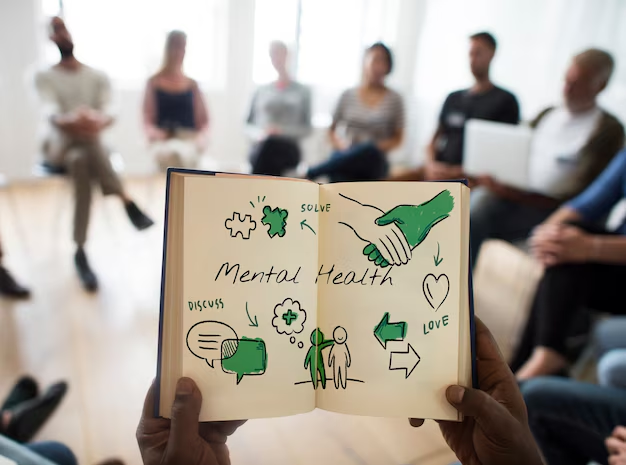
Turning Things Around: Effective Strategies to Manage ADHD
Because people living with ADHD are wired differently, managing it effectively requires a personalized toolbox of techniques. It would be beneficial to experiment with various approaches guided by a professional to discover what works for you. Many people find that just having a supportive spouse or coworker at their side during difficult tasks helps keep them motivated and focused.
Difficult work may be less scary if you keep your workspace tidy, use color-coding schemes to stay organized, and divide big jobs into smaller, easier-to-manage portions. One time management tactic that might help avoid procrastinating is the Pomodoro technique. It employs 25-minute bursts of hard labor interspersed with brief pauses.
Using sticky notes or smartphone reminders to create to-do lists might help you remember important activities.
Morning exercise has proven to work incredibly well in enhancing focus and minimizing symptoms of ADHD during the daytime. Some use background white noise to maintain focus, while others prefer quietness.
The most effective techniques for managing ADHD include combining useful tools with life adaptations, such as having a routine sleep schedule and a balanced diet and employing techniques for minimizing tension, such as meditation, deep breathing, and exercise. Remember, it’s not about doing what everyone else does but discovering and using techniques that work for you.
Professionals like those at Mindful Care can help you discover an effective combination of techniques and provide expert guidance and direction. Consulting with mental health professionals who are trained in working with ADHD can yield useful results.
Therapy as a Game-Changer: How It Helps ADHD
Professional therapy provides the needed guidance for people living with ADHD. Cognitive Behavior Therapy (CBT) can help you manage chores more efficiently and reduce daily annoyances by enhancing your planning and organizational skills. Group therapy provides a friendly environment for sharing experiences and developing social skills.
During mental health crises, having access to expert guidance can make a big difference. Therapy aids you in realizing your ADHD daily life patterns, which is necessary for prescribing effective solutions to overcome them.
In conclusion
Undoubtedly, having ADHD may be challenging, but with proper management, it can also present opportunities for personal growth. Developing coping strategies that work for you requires an understanding of how ADHD affects your life. With the right support and informed guidance, people with ADHD may truly succeed in both their personal and professional lives.
Have you experienced similar challenges with ADHD in your daily life? We’d love to hear your perspective and what ADHD strategies have worked for you. Share your thoughts in the comments below.






